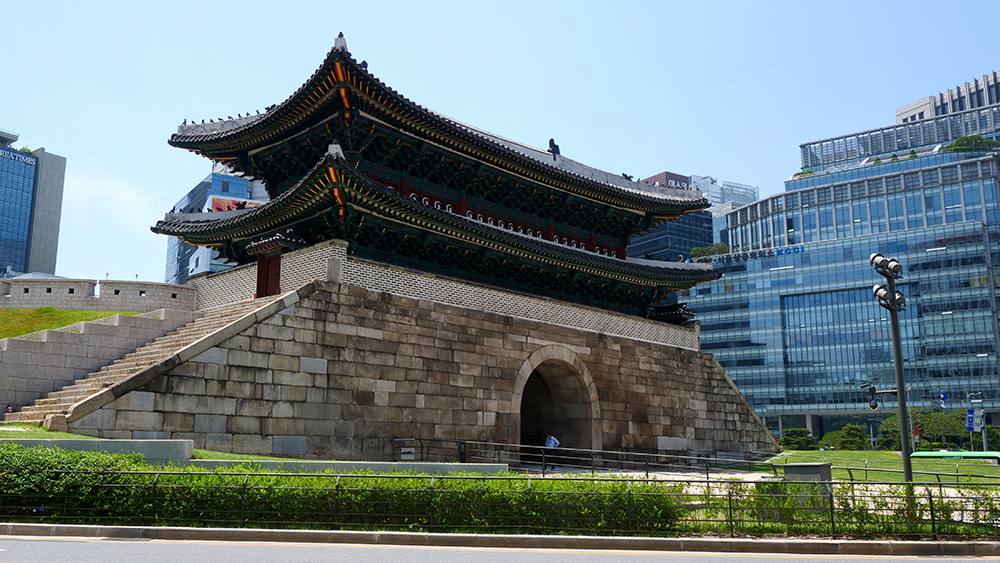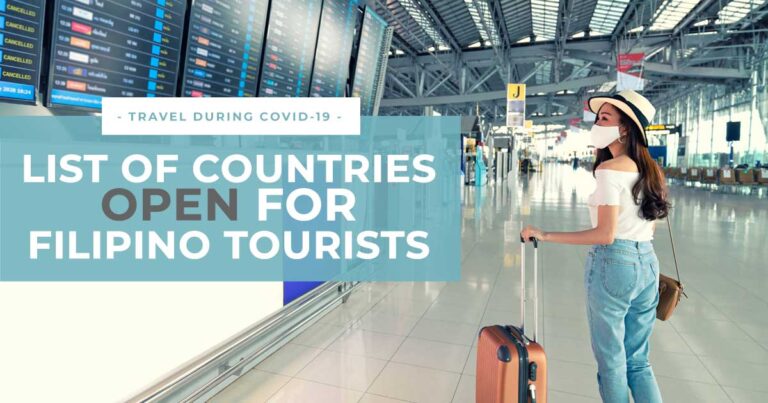
It’s always best to decline the offer since real monks never ask for money.
The best way to stay safe and avoid scams like this on the street is to refuse to take any photos for someone unless you are certain that they are tourists and not local people.
Once there, watch for last-minute changes from hotel to airport or room swaps that can end up costing more.
No matter if you’re on a solo adventure or traveling with a group, discover the top 10 travel scams that you probably didn’t know about and how to avoid getting scammed in Korea.
1. Accommodation Scams
It’s best to just keep walking if someone wants to strike up a conversation in the street.
As we said even though the crime rate is quite low in South Korea, it’s still important to be cautious. Especially for foreigners that have never been to Korea, it can be tricky. Make sure to always stay on your toes and watch out for scammers.
With low crime rates, no recent terrorist incidents, and good safety ratings for an Asian country open to travel, South Korea might seem like the last place to fall victim to tourist scams.
If you plan to travel to the country, it’s a good idea to watch for common and unique scams that involve hotel bookings, new vacation “friends”, inflated taxi rides, pickpockets, fake monks, and cult ceremonies.
2. The Taxi Scam
Unknowingly, your cost of living in South Korea turns out to be higher than expected, which isn’t a good thing.
Since most people book the place that they will stay online, it’s best to pay close attention to the site that you are using. Many scammers pretend that a guest house is a regular hotel. Some scams involve creating a listing for accommodation in another postal code. Others don’t even exist.
3. Cult Ceremony Scams
Watch out for outrageously inflated prices and fake price tag scams where you’re charged a higher price than the original quote.
According to some, these types of scammers belong to various cults. That’s why it’s safest to go out with a regular tour group or a close friend who knows a lot about Korean religious culture.
An elderly woman and her “daughter” might come up to you in the street. They might ask if you had a loved one die recently. If you engage with them and answer yes, then they will look concerned and tell you that your dear departed cannot rest in peace.
Since Korea is famous for Buddhist temples, you might wonder how to tell the real deal if a Buddhist monk offers you a “free” amulet to bring you good luck. In exchange, you are asked to donate to the monk’s temple. Some even flash a photo of a temple or a notebook with donor names listed.
4. Donation Scams
After you snap the photo and hand the camera back to them, the scammer will drop it on the ground and blame you for smashing their camera. Then they demand money in return.
It’s no secret that South Korea, especially the capital of Seoul, is a shopper’s paradise. While it’s natural to want to shop till you drop, you’ll want to play it safe when it comes to designer pieces or big-ticket items at fantastic rates.
5. Fake Monk Scam
They insist that you accompany them to a traditional Korean ceremony to make an offering. Once you reach the place, the two women will demand a donation in Korean won that is one thousand times your age.
Scammers often don’t even need to lure you anywhere. They trip you up with small talk right in the street. Then, after you connect with them, they ask you to buy food so you can continue talking. Since you stopped to talk to them in the first place, this makes it harder to say no.
6. Fake Item Scams
As you immerse yourself in Korea’s rich history and culture, these safety tips will help you avoid common pitfalls that tourists encounter. That way, you can focus on enjoying your trip.
Stay alert in crowded places such as tourist areas, keep an eye out in subways during rush hour, and keep your valuables in zipped pockets or bags close to your body to avoid becoming a target.
While many people aren’t down for mystic ceremonies, you might encounter this cultural scam along the way.
7. Pickpocket Scams
A popular scam in South Korea occurs when a local comes up to you and asks you to take their photo. Before you know it, their camera is in your hands, and they’re begging you to take a picture.
It’s a big red flag if only foreigners are allowed into shops that sell fake items. Shop the official retail places to avoid fake electronic, cosmetic, or designer products. Become familiar with local prices to avoid getting ripped off.
8. Two-Way Mirrors and Spy Camera Scams
When you get into a taxi, first check for the meter and ensure that it starts running when you begin your ride. Since Google Maps or WAZE often don’t work in South Korea, it helps to download the 네이버 – NAVER app before your trip. That way, you can check if the driver is taking a longer route (and overcharging you) to reach your destination.
Let’s be honest. Practically every city has light-fingered thieves ready to relieve your wallet, pockets, and bags of your valuables. South Korea isn’t any different, although many locals and expats say that it isn’t as common as in other countries.
9. The ATM Assistant Scam
Here’s where scams get disturbing in South Korea. Some scammers install a molka or illegal spy camera inside private areas. These are to take voyeuristic photos or videos of people without their knowledge or consent.
Check your hotel or rental space for small hidden cameras or two-way mirrors that can allow people to watch you. You can also check for any other devices other than the television or appliances connected to the WIFI router. As a last resort, you can always bring red or green laser pointers with you to hunt for hidden spyware.
10. Photograph Scam
It’s best to politely decline any attempts to assist and stay in a safe area to avoid getting scammed out of your money.
You’re about to withdraw money from an ATM when someone approaches you and offers to help with the local currency exchange for a small fee.
It might seem like a drag to book an Uber or other ride-sharing service when you can just hail a taxi in the street. While most taxi drivers are honest and legitimate people, it can save you time and money to stay alert.
Final Thoughts
Do your research, scan online reviews for the place you want to book and contact the owner with detailed questions. It’s also a good idea to pull the address up on Google Maps to get a closer look.





